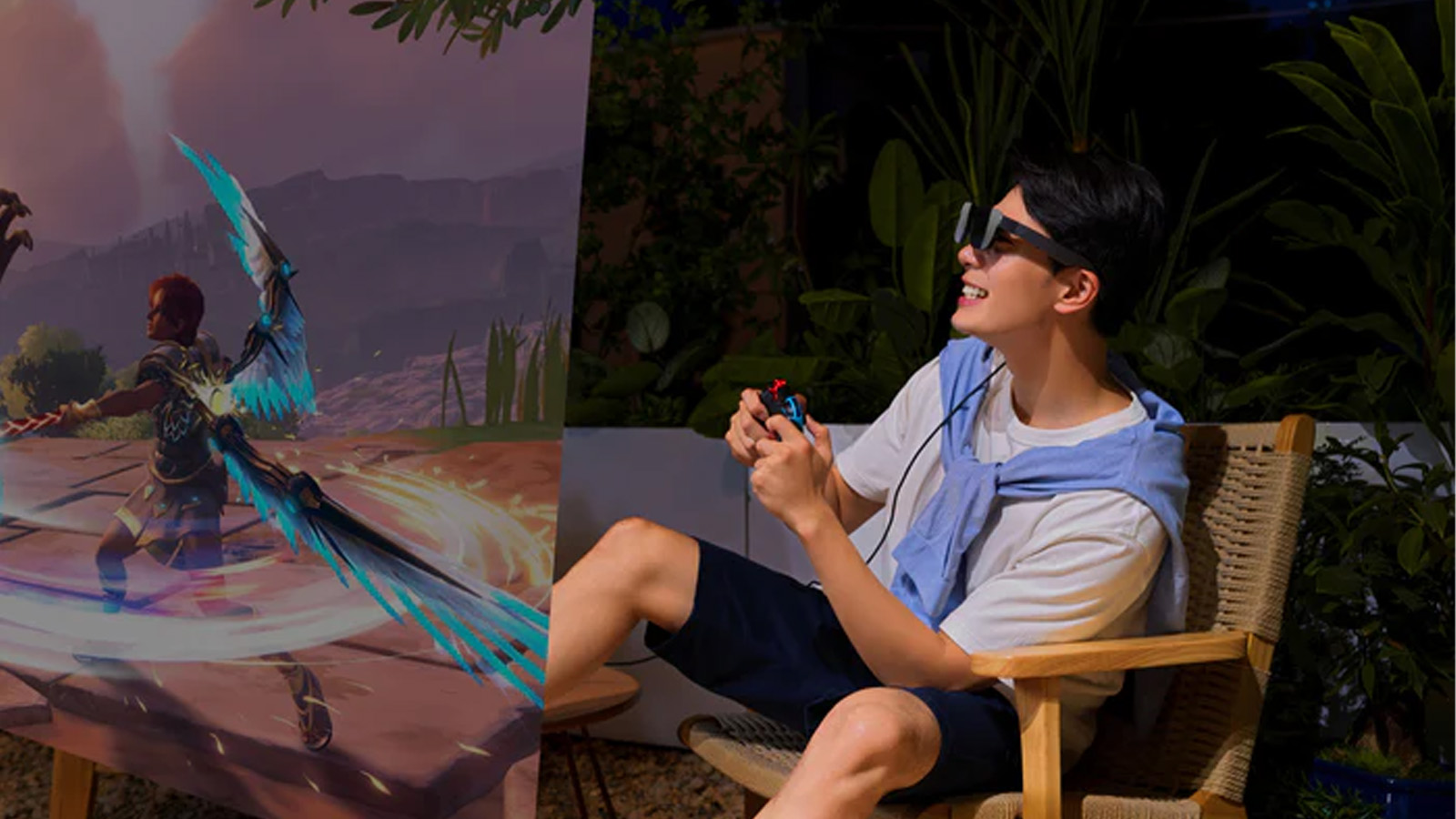

If you've been staring at the Ray-Ban Meta smart glasses and imagining playing Robocop, you'll be disappointed to know that they don't actually have a screen. The RayNeo Air 2 XR are the direct opposite, they're nothing but screen.
Connecting via a USB-C port in the arm of the glasses, they simulate a Micro OLED 1080p, 201-inch display 6 meters away from your face, and I have to say the picture quality is impressive. It takes some getting used to (and adjusting the nose piece), and there's definitely some fringing at the boundaries of the image, but it's a great way to watch a big screen wherever you are. Whether you want to watch a movie or just work on a massive monitor, it's really impressive. The sound performance isn't quite as brilliant, but still not bad, it just leaks out a bit more than something like the Meta glasses.
That is, admittedly, provided you can get them to work. I had no problem connecting the RayNeos to my laptop, but with other devices, it wasn't so simple. The glasses arrived with an adapter called a MiraScreen Portable Adapter that I was told was necessary to make them compatible with the accompanying app, but I had a hit-and-miss time getting my phone to connect. I had no luck at all with my PS5 and a similar experience with my Nintendo Switch, although RayNeo does sell a special Switch dock to make Nintendo's console pop on the big screen (which I didn't have to hand).
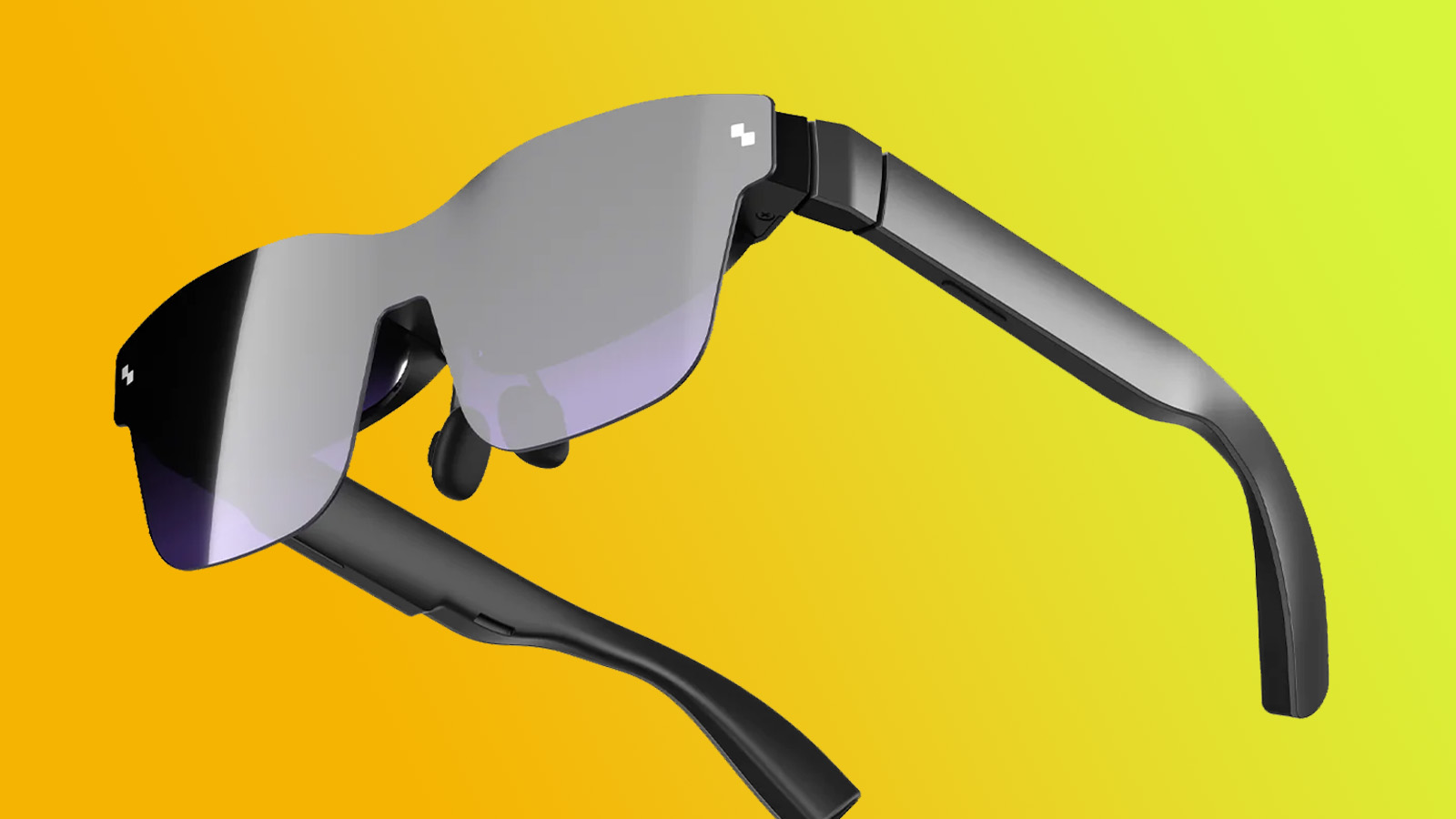
Something that is easy to set up and works brilliantly on the RayNeo Air 2 glasses is PC gaming, and if you aren't near one of the best gaming monitors, this is for sure the best option you'll have in your pocket. A choice of a 60Hz or 120Hz refresh rate is enough to keep titles super smooth at higher FPS. While being wired does mean there are no charging worries or bulky batteries.
Having to stay plugged in is a serious obstacle to taking these glasses out and about, and so too is the design. They are probably not quite inconspicuous enough to be caught wearing around the high street (at least not in the British autumn/fall). I think they resemble the Minecraft glasses, which are fine for home use but not out in public.
In all, though, the RayNeo Air 2 are very impressive in use, but it's clear that this is still a fledgling technology. The novelty of watching a movie on your face won't wear off anytime soon, but as a genuine monitor replacement, I couldn't recommend them just yet.
The RayNeo Air 2 glasses are out now and available for $379.
Sign up to the T3 newsletter for smarter living straight to your inbox
Get all the latest news, reviews, deals and buying guides on gorgeous tech, home and active products from the T3 experts

Andy was T3's Tech Staff Writer, covering all things technology, including his biggest passions such as gaming. If he had to save one possession from a fire it would be his PlayStation 5. He previously worked for Tom’s Guide – where he got paid to play with ChatGPT everyday. When it comes to streaming, Andy will have his headphones glued in whilst watching something that will make him laugh. He studied Creative Writing at university, but also enjoys supporting his favourite football team (Liverpool), watching F1, teaching himself guitar, and spending time with his dog.
-
 Three exercises to 'life-proof' your shoulders, according to a mobility expert
Three exercises to 'life-proof' your shoulders, according to a mobility expertHealthy shoulders mean better movement, more strength and less injury
By Bryony Firth-Bernard
-
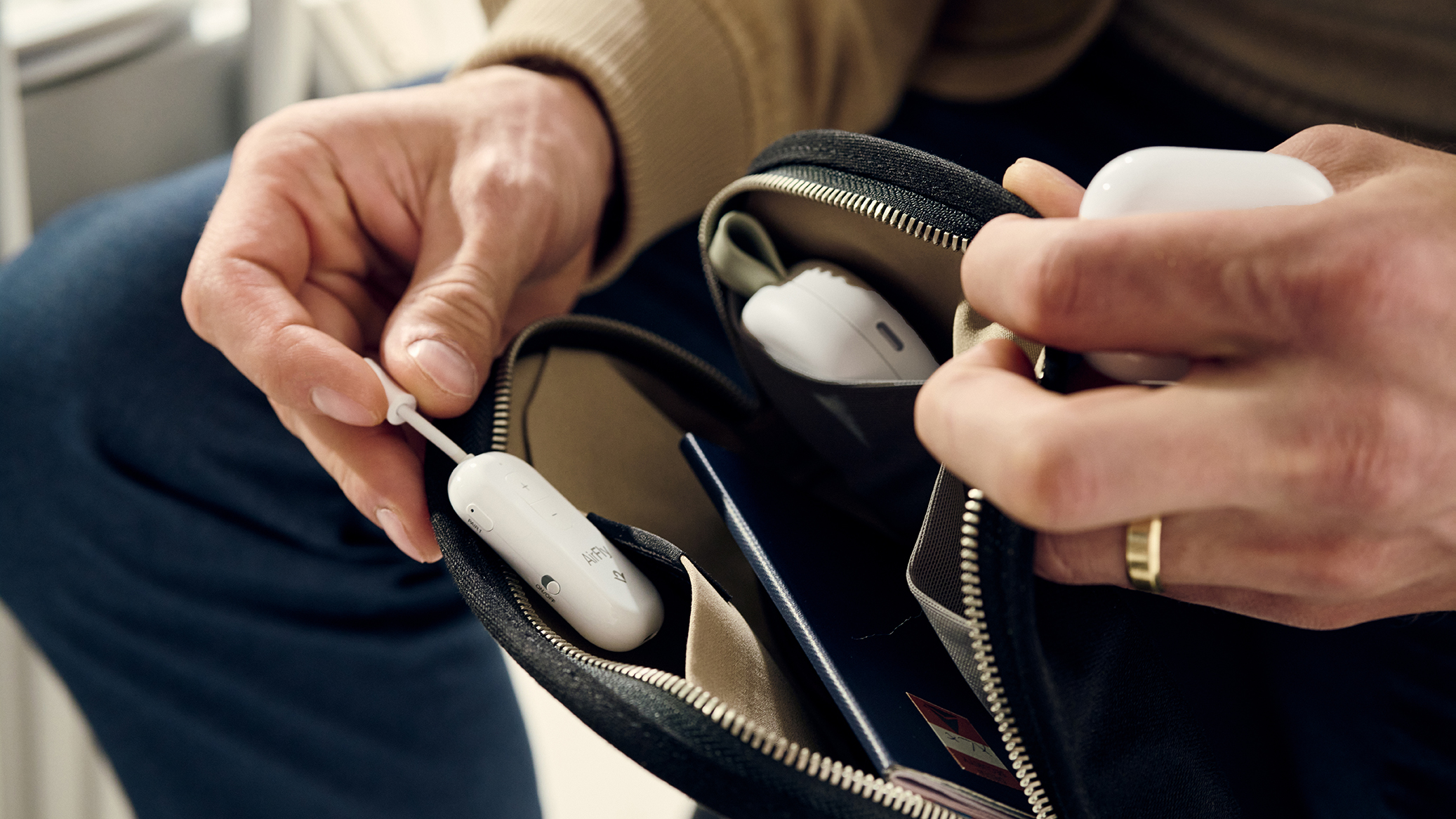 The 7 luxury travel items I won't leave home without – and why you shouldn't either
The 7 luxury travel items I won't leave home without – and why you shouldn't eitherI've flown for many hundreds of hours – and know these luxury travel items will improve your journey
By Mike Lowe
-
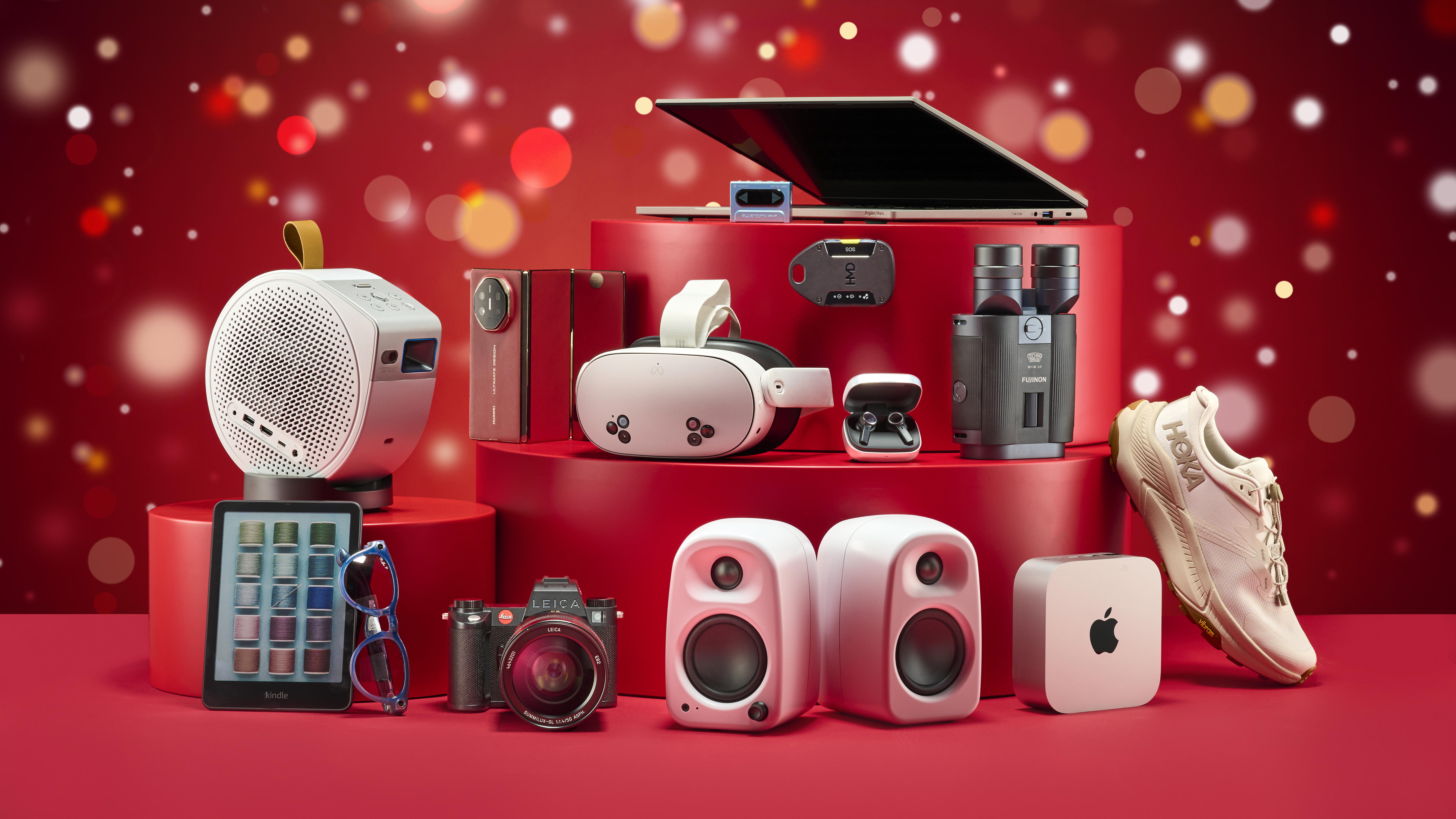 Hot 100: T3's best breakthrough tech picks
Hot 100: T3's best breakthrough tech picksWith the future showing no signs of going backwards, we round up the most daring, dazzling tech and the most exciting trends of 2025
By T3.com
-
 All my tech devices have chatbots now – I'm not sure how to feel about AI
All my tech devices have chatbots now – I'm not sure how to feel about AIAren't we overcommitting a bit to AI here?
By Max Freeman-Mills
-
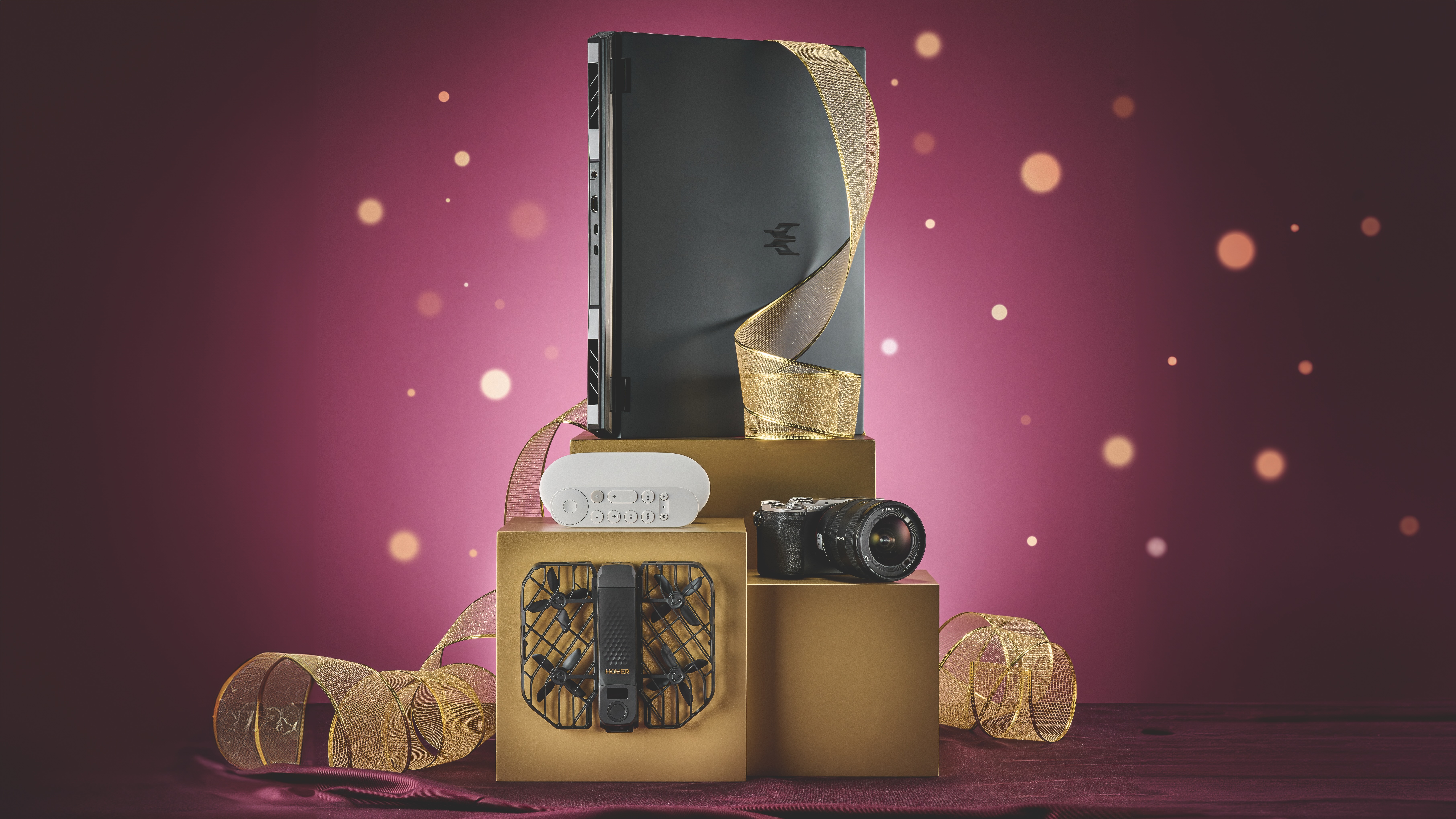 Shopping for someone with high standards? Here are 8 perfect gifts for any hi-def hero
Shopping for someone with high standards? Here are 8 perfect gifts for any hi-def heroGive the all-clear
By T3.com
-
 Steal the spotlight with T3's top tech gift recommendations – you'll be the favourite for years to come
Steal the spotlight with T3's top tech gift recommendations – you'll be the favourite for years to comeTech – in a tech mag! Who’d have thought?!
By T3.com
-
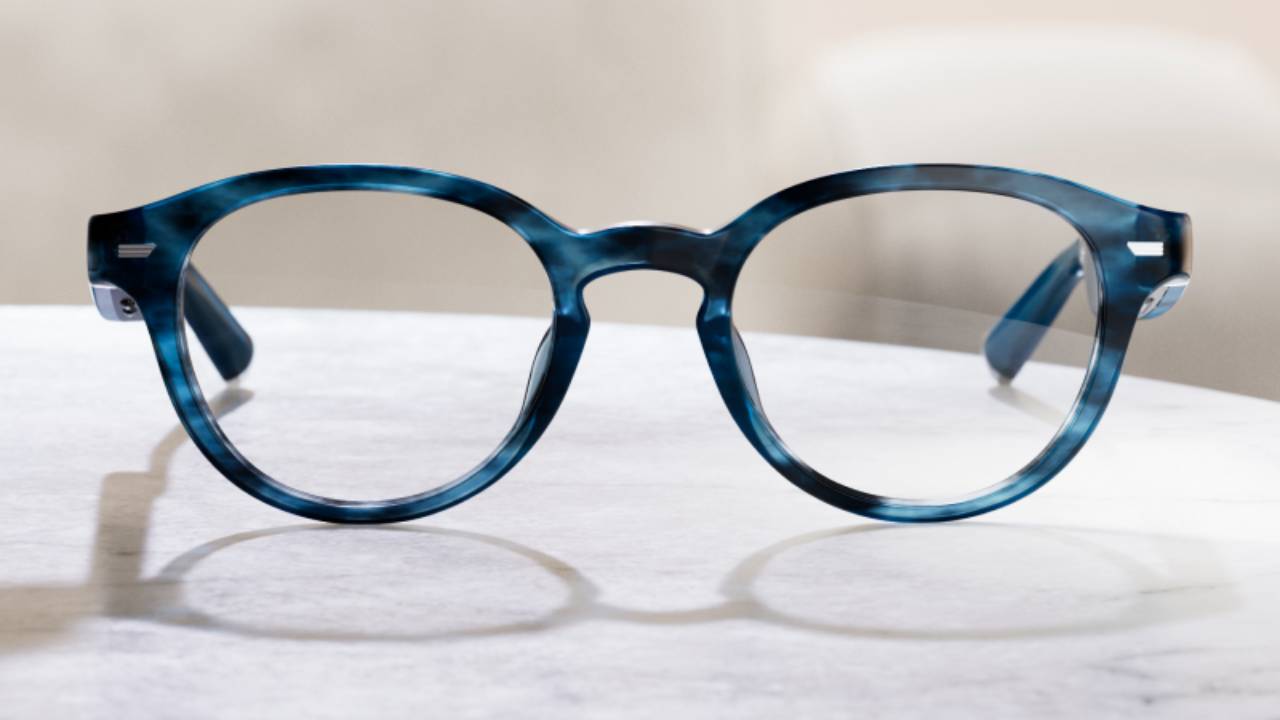 Amazon Echo Frames get major audio and battery life upgrades
Amazon Echo Frames get major audio and battery life upgradesAdd Alexa to your glasses with the new and improved Echo Frames
By Bethan Girdler-Maslen
-
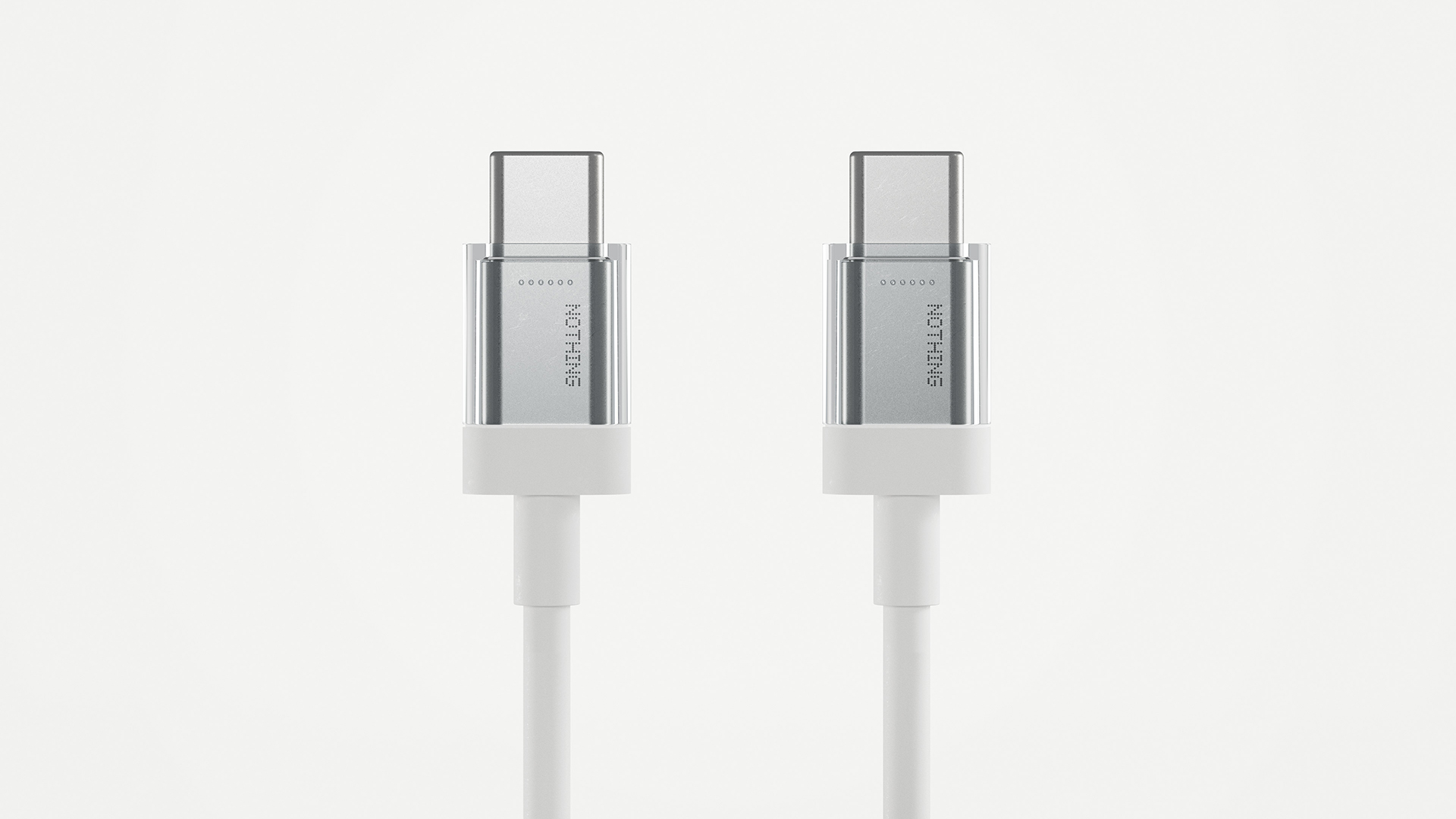 Nothing Phone (2) might have the coolest charger ever
Nothing Phone (2) might have the coolest charger everYou won't USB-elieve the cable on this bad boy
By Andy Sansom
-
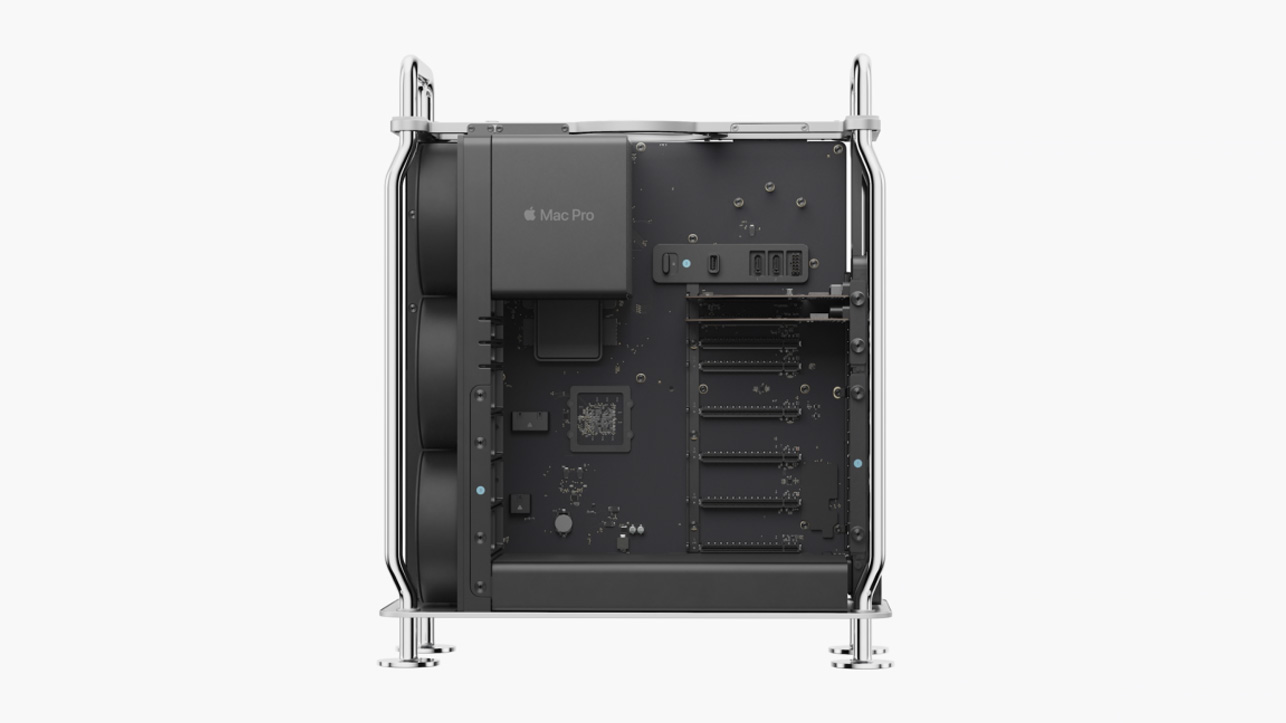 Apple just unveiled the mother of all Mac computers
Apple just unveiled the mother of all Mac computersMac Studio and Mac Pro have been hitting the gym
By Andy Sansom
-
 Dell XPS 17 (9720) review: heavyweight power
Dell XPS 17 (9720) review: heavyweight powerThe updated Dell XPS 17 (9720) offers loads of processing power but at the cost of portability
By Richard Baguley